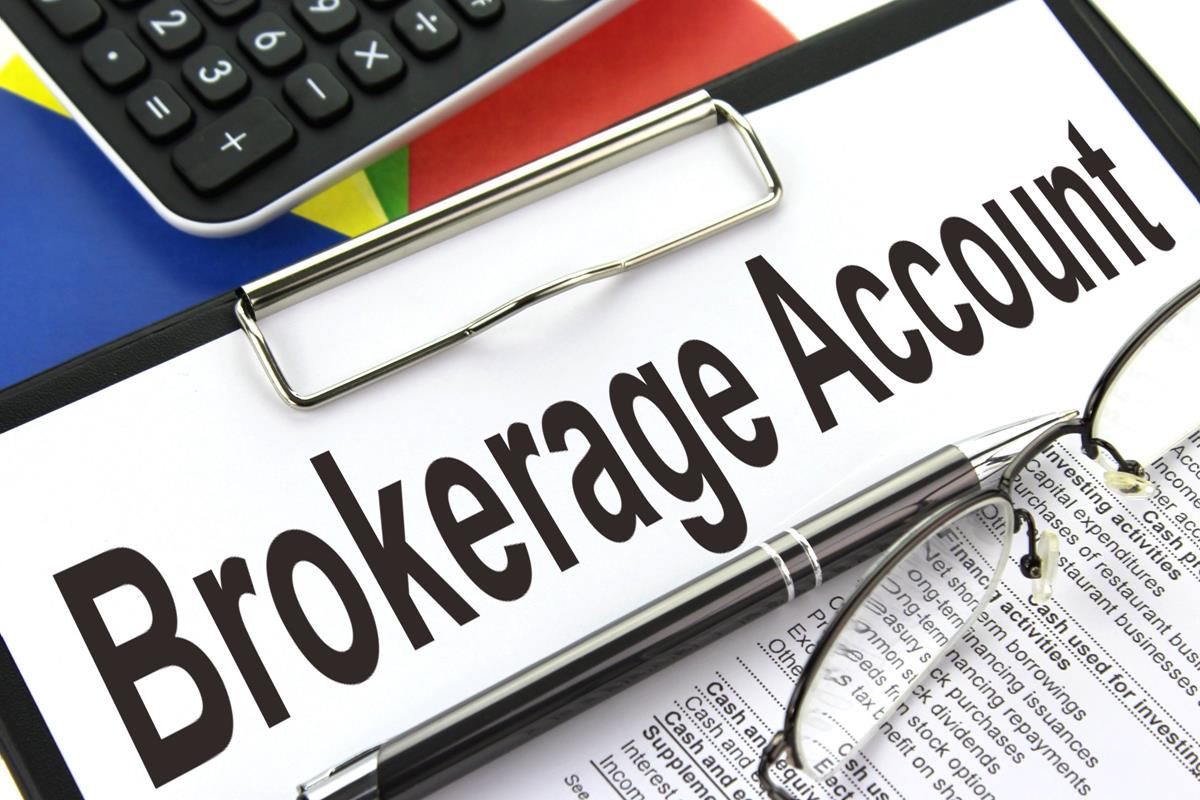Guide to Opening a Brokerage Account in Cambodia
Cambodia’s capital markets may be young, but they are growing steadily—offering foreign and domestic investors a gateway into one of Southeast Asia’s emerging economies. With the Cambodia Securities Exchange (CSX) expanding in listings and trading volume, more individuals and institutions are showing interest in opening brokerage accounts to invest in local stocks and bonds.
This guide provides a step-by-step overview of how to open a brokerage account in Cambodia, what to expect, key considerations for foreign investors, and how to choose the right brokerage partner.
Why Invest in Cambodia’s Capital Market?
Launched in 2011, the Cambodia Securities Exchange (CSX) has grown into a platform that lists both stocks and corporate bonds. While the number of publicly traded companies remains relatively small, the market’s low correlation with global indices and the Cambodian economy’s steady growth make it an attractive frontier market for investors.
According to the CSX official site, trading volumes and participation from foreign investors have increased significantly since 2020. The CSX also offers a tax incentive of 0% capital gains tax on investment returns until at least 2025, adding further appeal.
Step-by-Step: How to Open a Brokerage Account in Cambodia
Opening a brokerage account is straightforward but must be done through a licensed securities firm approved by the Securities and Exchange Regulator of Cambodia (SERC).
1. Choose a Licensed Brokerage Firm
Start by selecting a licensed firm. Here are a few leading brokerage companies operating in Cambodia:
-
ACLEDA Securities Plc. – A subsidiary of ACLEDA Bank
Visit: https://www.acledasecurities.com.kh -
Yuanta Securities (Cambodia) Plc. – Well-established with online trading
Visit: https://www.yuantacambodia.com.kh -
Phillip Securities (Cambodia) Plc. – Part of the global PhillipCapital group
Visit: https://www.phillip.com.kh -
SBI Royal Securities Plc. – A joint venture with Japan’s SBI Holdings
Visit: https://sbiroyal.com.kh
Each firm offers different fee structures, platforms, and levels of customer support. Consider your investment strategy and trading frequency when choosing.
2. Prepare the Required Documents
For Individual Accounts:
-
Valid Passport (for foreigners) or Cambodian National ID
-
Recent utility bill or bank statement for address verification
-
Tax Identification Number (TIN) if applicable
-
Completed KYC (Know Your Customer) form from the brokerage
For Corporate Accounts:
-
Company registration certificate
-
Articles of incorporation
-
Authorized resolution to open the account
-
Representative ID documents
Most firms will offer multilingual support (Khmer and English), though you may need translations of specific documents.
3. Open a Securities Trading Account
Once the documents are submitted and verified, the brokerage will help you open a trading account and a cash settlement account. The cash account is usually held at a custodian bank, which works in tandem with your broker to handle your funds.
Brokerage account approval typically takes 3–5 business days, depending on the firm’s internal KYC procedures.
4. Fund Your Account
You can fund your account via:
-
Local bank transfers in USD or KHR
-
International wire transfers (note: bank fees and exchange rates apply)
As Cambodia is a dollarized economy, most trading is conducted in USD. Some brokers have a minimum deposit (e.g., $100 or $500), so check with your chosen firm.
5. Start Trading
Once funded, you can begin placing buy/sell orders. Trading on CSX is done via:
-
Online platforms or mobile apps (available through firms like Yuanta and Phillip Securities)
-
Phone or email orders via dealer support
CSX trading hours are typically:
-
Morning Session: 08:00 AM – 11:30 AM
-
Afternoon Session: 2:00 PM – 3:00 PM (Monday to Friday)
You can monitor real-time stock prices and market data directly at CSX Market Watch.
Costs to Consider
Common brokerage fees in Cambodia include:
-
Commission fee: 0.15% to 0.5% per transaction
-
Account maintenance fee: Often waived
-
Custodian fee: Minimal, sometimes bundled into trading commission
Taxation and Investor Incentives
As of this writing, capital gains tax has been deferred until 2025, meaning profits from stock sales are not taxed.
However, dividends may be subject to a 14% withholding tax for foreign investors (depending on double-taxation treaties). You should always consult a local accountant or tax advisor.
For more on Cambodia’s tax policies, visit the General Department of Taxation.
Foreign Investor Considerations
-
No foreign ownership restrictions apply to CSX-listed shares.
-
The Cambodian riel (KHR) is not required for trading—USD is widely accepted.
-
Profits can be repatriated, provided taxes are paid and proper documentation is in place.
Check Cambodia’s participation in ASEAN’s Capital Market Integration programs for future regional trading opportunities.
🔗 ASEAN Capital Markets Forum
Risks and Final Thoughts
Cambodia’s securities market still faces challenges:
-
Low daily liquidity and limited stock options
-
Regulatory shifts
-
High reliance on a few large companies
However, for investors with a long-term outlook and an appetite for frontier markets, Cambodia offers high-growth potential, especially in financials, logistics, and consumer sectors.
Conclusion
Opening a brokerage account in Cambodia is accessible for both locals and foreigners and is a solid way to get involved in the country’s economic development. By choosing a licensed broker, preparing the right documents, and understanding how the CSX operates, you can begin trading confidently.
If you’re exploring investments in emerging markets, Cambodia is worth a close look.
Need help navigating the Cambodian market?
Visit 👉 Cambodia-Agent.com for help with business licensing, brokerage introductions, and financial consulting services.
